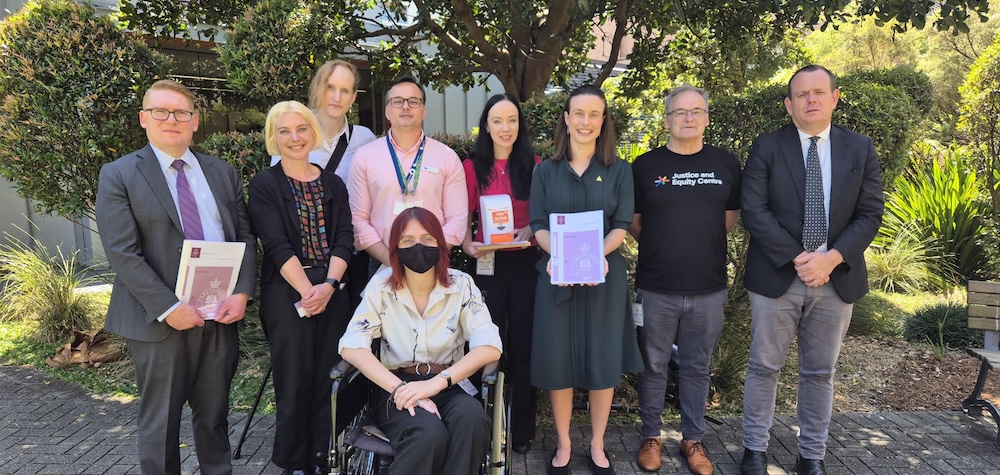
A real reduction in risk?
HIV infections have remained relatively stable over the past five years in Victoria and the majority of infections in the state are amongst men who have sex with men (MSM).
Despite most, if not all, MSM knowing that unprotected anal sex is the most common method of HIV transmission and that the best method of prevention is condoms and water based lube, the 2012 Melbourne Gay Community Periodic Survey (MGCPS) has shown that not everyone is using this method of prevention.
The MGCPS indicated that a large percentage of gay and bisexual men (31.5 percent) were reporting unprotected anal intercourse with casual partners (UAIC), which means that they were not using condoms and water based lube with new sexual partners.
What is evident through the MCGPS is that when these gay and bisexual men were not using condoms and water based lube, they were adopting the use of various risk reduction strategies and that their adoption was highly conditional upon the situational context and upon HIV status.
Risk reduction strategies are behaviours which people use to minimise their level of risk for contracting HIV when condoms and water based lube are not used. The risk reduction strategies reported by gay and bisexual men in the MGCPS included but were not limited to sero-sorting which is having unprotected anal sex with partners whose HIV status is the same as your own, and withdrawal, which is pulling out before ejaculation.
The use of these risk reduction strategies differed depending upon whether the person was HIV-positive or HIV-negative, and whether their casual partner was HIV-positive or HIV-negative. For example, HIV-positive men were more likely to report the use of sero-sorting for UAIC and HIV negative-men were more likely to report consistent use of withdrawal for UAIC.
What is important to point out is that each risk reduction strategy does not eliminate the risk of HIV infection but minimises it. What is more important to note however is that within each strategy the level of risk minimisation is highly conditional. Are you sure that the person you are having unprotected sex with is HIV negative? When was their last test and have they had unprotected anal sex between then and now? How much pre-ejaculate was there before your partner pulled out?
What needs to be emphasised here is that risk reduction strategies are just that; a reduction in risk not an elimination of risk. Condoms and water based lube are the best way to prevent HIV infection.
For more information on risk reduction strategies check out www.whereversexhappens.com.au
By ADAM HYNES









